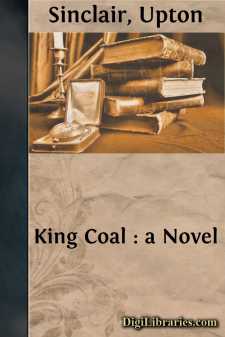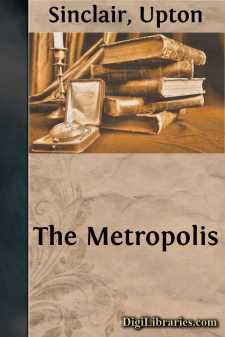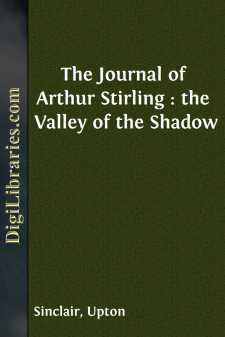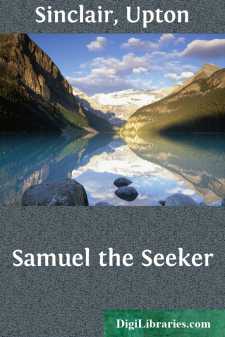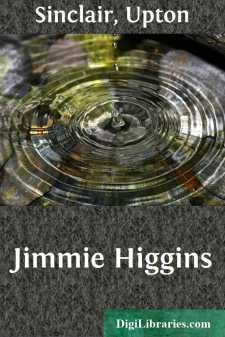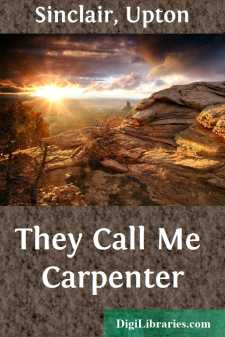Categories
- Antiques & Collectibles 13
- Architecture 36
- Art 48
- Bibles 22
- Biography & Autobiography 816
- Body, Mind & Spirit 145
- Business & Economics 28
- Children's Books 18
- Children's Fiction 14
- Computers 4
- Cooking 94
- Crafts & Hobbies 4
- Drama 346
- Education 58
- Family & Relationships 59
- Fiction 11831
- Foreign Language Study 3
- Games 19
- Gardening 17
- Health & Fitness 34
- History 1378
- House & Home 1
- Humor 147
- Juvenile Fiction 1873
- Juvenile Nonfiction 202
- Language Arts & Disciplines 89
- Law 16
- Literary Collections 686
- Literary Criticism 179
- Mathematics 13
- Medical 41
- Music 40
- Nature 179
- Non-Classifiable 1768
- Performing Arts 7
- Periodicals 1453
- Philosophy 66
- Photography 2
- Poetry 897
- Political Science 203
- Psychology 45
- Reference 154
- Religion 516
- Science 126
- Self-Help 86
- Social Science 82
- Sports & Recreation 34
- Study Aids 3
- Technology & Engineering 59
- Transportation 23
- Travel 463
- True Crime 29
Upton Sinclair
Upton Sinclair (1878-1968) was an American writer and social reformer, best known for his novel "The Jungle," which exposed the harsh conditions and unsanitary practices in the U.S. meatpacking industry. His work prompted public outcry and led to significant reforms in food safety laws, including the Pure Food and Drug Act and the Meat Inspection Act in 1906. Sinclair's prolific career included nearly 100 books, through which he championed social justice, labor rights, and political reform.
Author's Books:
Sort by:
by:
Upton Sinclair
BOOK I SYLVIA AS WIFE 1. I am telling the story of Sylvia Castleman. I should prefer to tell it without mention of myself; but it was written in the book of fate that I should be a decisive factor in her life, and so her story pre-supposes mine. I imagine the impatience of a reader, who is promised a heroine out of a romantic and picturesque "society" world, and finds himself beginning with the...
more...
by:
Upton Sinclair
INTRODUCTION Upton Sinclair is one of the not too many writers who have consecrated their lives to the agitation for social justice, and who have also enrolled their art in the service of a set purpose. A great and non-temporizing enthusiast, he never flinched from making sacrifices. Now and then he attained great material successes as a writer, but invariably he invested and lost his earnings in...
more...
by:
Upton Sinclair
THE NATUREWOMAN ACT I [Scene shows a luxuriously furnished drawing-room. Double doors, centre, opening to hall and stairway. Grand piano at right, fireplace next to it, with large easy-chair in front. Centre table; windows left, and chairs.] [At rise: ETHEL standing by table; a beautiful but rather frail girl of sixteen; opening a package containing photograph in frame.] ETHEL. Oceana! Oceana! [She...
more...
by:
Upton Sinclair
CHAPTER I "Return at ten-thirty," the General said to his chauffeur, and then they entered the corridor of the hotel. Montague gazed about him, and found himself trembling just a little with anticipation. It was not the magnificence of the place. The quiet uptown hotel would have seemed magnificent to him, fresh as he was from the country; but, he did not see the marble columns and the gilded...
more...
by:
Upton Sinclair
INTRODUCTORY Bootstrap-lifting Bootstrap-lifting? says the reader. It is a vision I have seen: upon a vast plain, men and women are gathered in dense throngs, crouched in uncomfortable and distressing positions, their fingers hooked in the straps of their boots. They are engaged in lifting themselves; tugging and straining until they grow red in the face, exhausted. The perspiration streams from their...
more...
by:
Upton Sinclair
PART I WRITING A POEM The book! The book! This day, Saturday, the sixth day of April, 1901, I begin the book! I have never kept a journal—I have been too busy living; but to-day I begin a journal. I am so built that I can do but one thing at a time. Now that I have begun The Captive, I must be haunted with it all day; when I am not writing it I must be dreaming it, or restless because I am not....
more...
by:
Upton Sinclair
CHAPTER I "Samuel," said old Ephraim, "Seek, and ye shall find." He had written these words upon the little picture of Samuel's mother, which hung in that corner of the old attic which served as the boy's bedroom; and so Samuel grew up with the knowledge that he, too, was one of the Seekers. Just what he was to seek, and just how he was to seek it, were matters of...
more...
by:
Upton Sinclair
"Jimmie," said Lizzie, "couldn't we go see the pictures?" And Jimmie set down the saucer of hot coffee which he was in the act of adjusting to his mouth, and stared at his wife. He did not say anything; in three years and a half as a married man he had learned that one does not always say everything that comes into one's mind. But he meditated on the abysses that lie between...
more...
by:
Upton Sinclair
ACT ISCENE I[Shows a primeval forest, with great trees, thickets in background, and moss and ferns underfoot. A set in the foreground. To the left is a tent, about ten feet square, with a fly. The front and sides are rolled up, showing a rubber blanket spread, with bedding upon it; a rough stand, with books and some canned goods, a rifle, a fishing-rod, etc. Toward centre is a trench with the remains...
more...
by:
Upton Sinclair
I The beginning of this strange adventure was my going to see a motion picture which had been made in Germany. It was three years after the end of the war, and you'd have thought that the people of Western City would have got over their war-phobias. But apparently they hadn't; anyway, there was a mob to keep anyone from getting into the theatre, and all the other mobs started from that....
more...



